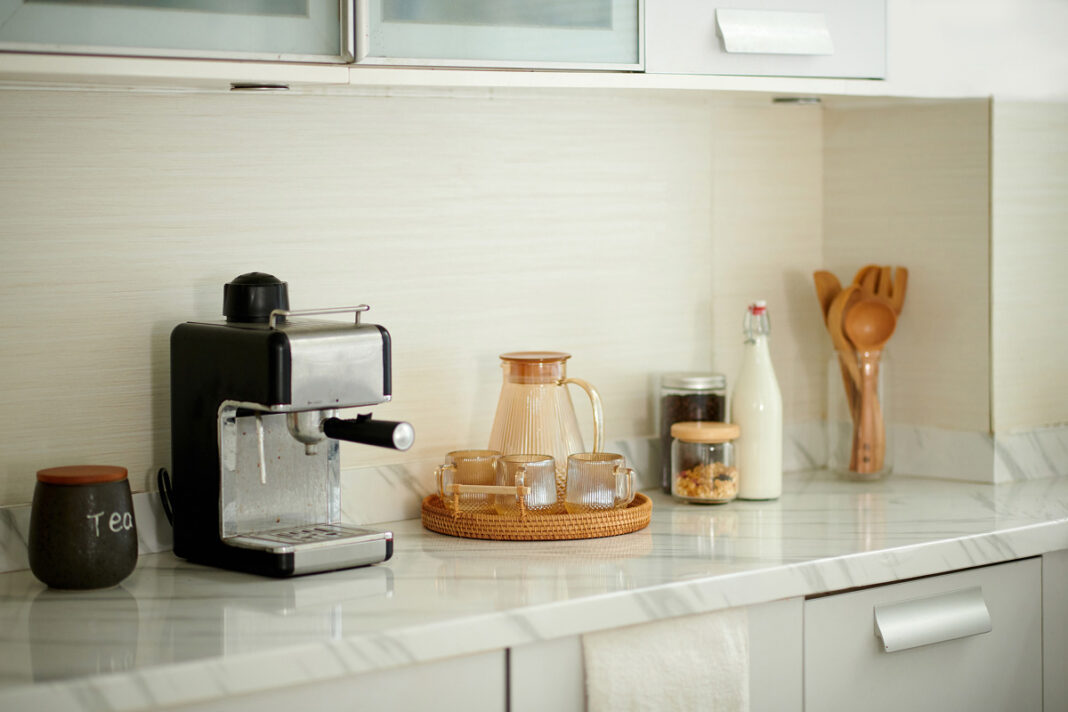When setting up a home, one major decision residents must make is whether to rent or buy appliances—be it a refrigerator, washing machine, or dishwasher. Evaluating the pros and cons of appliance leasing and ownership can help in making an informed decision. Additionally, it is essential to consider personal factors such as financial circumstances, lifestyle habits, and living situations in order to choose the option that will be most beneficial.
Cost Analysis
In a debate about appliance ownership vs rental, cost analysis always emerges as a key point of discussion. After all, any decision made should be financially sensible. This process involves taking a closer look at various aspects, including upfront costs, long-term expenses, and hidden charges associated with each option.
Upfront Costs
One of the main advantages of renting appliances over buying is that the former usually does not require one to pay hefty upfront costs. The rental option only requires one to pay a monthly fee for using the appliance. What’s even better in this case is that the fees also include the cost of any repairs and maintenance of the appliance. On the other hand, buying appliances for the home, such as refrigerators or washing machines, can require a huge upfront payment. The amount can range from a few hundred to several thousand dollars, depending on the appliance brand and other factors.
Long-Term Expenses
In the case of long-term expenses, the tide begins to turn slightly in favor of ownership. One should note that the monthly rent of appliances includes the costs of repairs and maintenance. But it is worth noting that maintenance expenses do not occur every month. And there may not always be a need for repairs, especially with newer or well-maintained appliances. Considering these and a few more factors, it is found that leasing appliances can be cheaper than owning them only if the plan is for 5 years or less. Buying appliances makes more sense when they are for long-term use.
Hidden Costs
Regardless of whether one is buying appliances or leasing them, one must always be wary of the hidden costs. These can be levied in both cases. In rental agreements, for instance, hidden costs can be added in the form of delivery fees, penalties, setup charges, etc. In the case of buying, the final bill may include extra charges in the form of extended warranties and maintenance plans. So, in either case, one can be charged a little extra, but those costs can be avoided.
Appliance Financing vs Renting
Financing offers a way to buy an appliance without having to pay hefty upfront fees. However, renting stands out as a cheaper option than financing, since it can have lower monthly fees than the latter. That being said, in long-term cases, financing can still prove to be better, especially if one has invested in a durable appliance with a substantially long lifespan. This is because, at the end of the repayment term, the individual can own the appliance, which is not an option in the case of renting.
Flexibility
The next key element to consider in the discussion of renting vs buying appliances is that of flexibility. Renting appliances offers a clear advantage for those with temporary housing. This means that renters, students, or professionals with transferable jobs can especially benefit from renting appliances, as opposed to buying them. This is because renting offers a clear advantage in the form of short-term commitments and easy returns or swaps. When moving, individuals may not worry about moving their heavy and costly appliances, as well.
On the same note, it is the homeowners who can actually reap the benefits of owning appliances. Since they have a more settled lifestyle, buying appliances can be a more practical choice for them. It gives a sense of permanence and minimizes the hassle of repeated arrangements.
Choice of Appliance
Personal preferences also play a major role in the comparison of appliance rental and ownership options. When buying, one clearly has a lot more choices of appliances. The option allows one to select even the latest appliances, with all the features that they need. In contrast, renting limits one to the catalog provided by the rental company. While this selection might be sufficient for basic needs, those seeking specific features or high-end models may be left unsatisfied. However, if one can find a good appliance rental service in the country that has a myriad of options in its catalog, one might be able to land an appliance of their choice.
Maintenance Process
Most rental agreements mention that the responsibility for maintenance, servicing, and even repairs falls entirely upon the rental company. So, whenever the appliance stops working or needs services after substantial use, all one has to do is call their rental company. That being said, at the time of signing the appliance rental agreement, evaluate it to ensure that this clause exists.
Appliance owners, on the other hand, do not have this convenience once the warranty expires. When their appliance breaks down, they may have to spend a lot of time and effort finding a good maintenance company. Not to mention, the repairs will also require them to spend extra money, unlike renters.
Both renting and buying appliances come with their own set of advantages and trade-offs. The right choice ultimately depends on one’s individual needs, financial readiness, and long-term plans.


